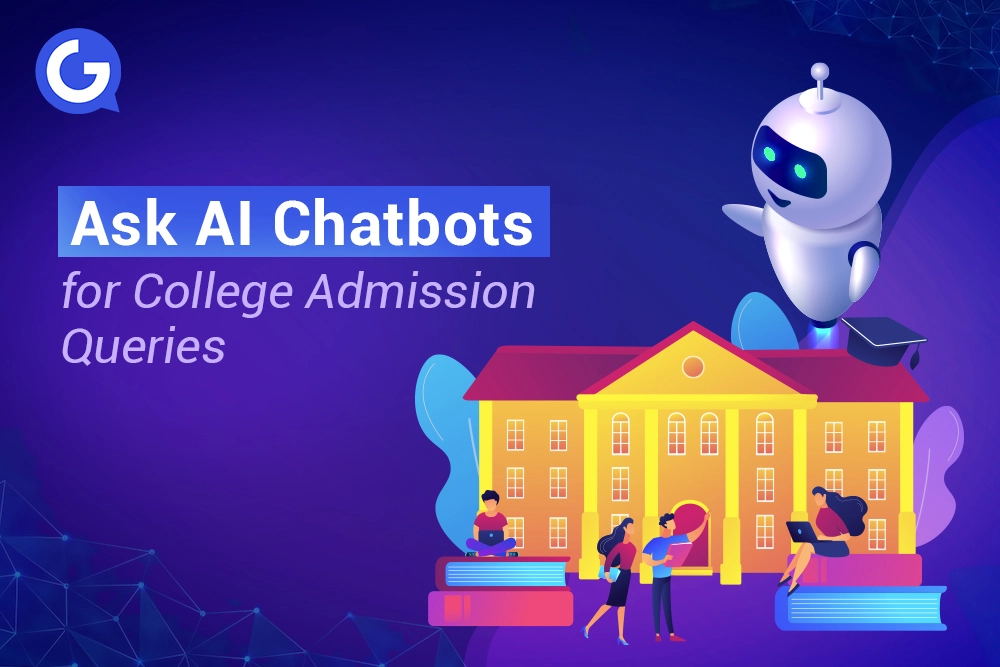In the ever-evolving landscape of the insurance industry, technological advancements are reshaping the way insurance companies interact with customers, process claims, and streamline operations. In recent years, insurance chatbots have emerged as a transformative force, providing companies with the means to deliver exceptional customer service, expedite claims processing, and enhance overall operational efficiency. As we dive into 2023, it’s essential to explore the state of insurance chatbots and their profound impact on the industry.
The Evolution of Insurance Chatbots:
The Emergence of AI-powered chatbots
Insurance chatbots have come a long way since their inception. Initially, they offered basic information and FAQs to customers. However, with the integration of artificial intelligence (AI) and natural language processing (NLP), today’s insurance chatbots are sophisticated virtual assistants capable of handling complex inquiries, guiding customers through policy selections, and even processing claims.
Enhanced Customer Engagement
The primary role of insurance chatbots is to enhance customer engagement. By providing quick and accurate responses to policy-related queries, insurance chatbots ensure that customers have the information they need at their fingertips. This boosts customer satisfaction and loyalty.
Improving Customer Service:
24/7 Availability and Instant Responses
Insurance chatbots are available around the clock, ensuring that customers can get assistance whenever they need it. Whether it’s during office hours or in the middle of the night, these virtual assistants can answer questions, provide policy information, and guide customers through various insurance processes.
Personalised Recommendations
AI-powered chatbots in the insurance industry analyse customer data to offer personalised policy recommendations. By considering a customer’s financial situation, needs, and preferences, these chatbots can suggest tailored insurance options. This level of personalisation enhances the customer experience and increases the likelihood of policy conversions.
Streamlining Claims Processing:
Faster Claims Reporting
In the event of an accident or loss, chatbots in the insurance industry facilitate the claims reporting process. Customers can report incidents directly to the chatbot, which gathers essential details, such as the date, time, location, and description of the incident. This streamlines the claims initiation process, enabling faster response times from insurance companies.
Real-Time Claim Updates
Insurance chatbots keep customers informed about the status of their claims. Whether it’s tracking the progress of a car repair or assessing property damage, these chatbots provide real-time updates, reducing uncertainty and stress for policyholders.
Enhancing Operational Efficiency:
Reducing Administrative Workloads
Insurance companies can deploy chatbots to handle routine administrative tasks, such as data entry, policy issuance, and premium calculations. This reduces the burden on human agents, allowing them to focus on more complex and value-added tasks.
Enhanced Underwriting and Risk Assessment
Insurance chatbots can assist underwriters in assessing risk and determining policy pricing. By analysing vast datasets and historical information, chatbots can provide insights that help underwriters make more informed decisions.
Data Security and Compliance:
Ensuring Data Privacy
Data privacy and security are paramount in the insurance industry. Insurance chatbots are designed to adhere to the strictest data protection regulations. They employ robust encryption methods to safeguard sensitive customer information.
Compliance with Regulations
Insurance companies must comply with various regulatory requirements. Insurance chatbots are programmed to ensure compliance with these regulations, from disclosing policy terms and conditions to maintaining records for auditing purposes.
The Road Ahead for Insurance Chatbots:
Continuous Improvement
The capabilities of insurance chatbots will continue to evolve. Machine learning and AI will enable chatbots to become even more adept at understanding customer intent, improving response accuracy, and offering increasingly personalised recommendations.
Integration with IoT Devices
The Internet of Things (IoT) is becoming increasingly prevalent in insurance. Chatbots will likely integrate with IoT devices to access real-time data from connected cars, homes, and wearable devices. This data will be invaluable for risk assessment and claims processing.
Enhanced Multilingual Support
As insurance companies expand globally, chatbots will need to provide multilingual support to cater to a diverse customer base. Advanced language processing capabilities will ensure effective communication in various languages.
Collaboration with Human Agents
While chatbots are excellent for routine tasks, they will continue to work alongside human agents who handle more complex inquiries and provide a human touch when needed. This hybrid approach ensures the best of both worlds.
In 2023, insurance chatbots will be at the forefront of transforming the insurance industry. These AI-powered virtual assistants have evolved from providing basic information to delivering personalised recommendations, streamlining claims processing, and enhancing operational efficiency. As technology continues to advance, insurance chatbots will play an increasingly pivotal role in providing exceptional customer service, optimising processes, and ensuring that insurance companies remain competitive in a rapidly changing market. The future of insurance is undoubtedly intertwined with the continued development and integration of these intelligent virtual assistants.








